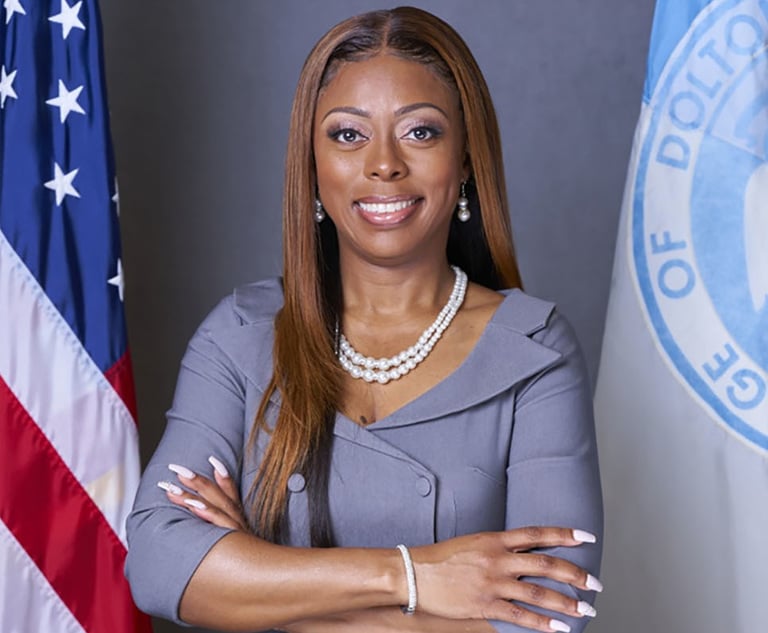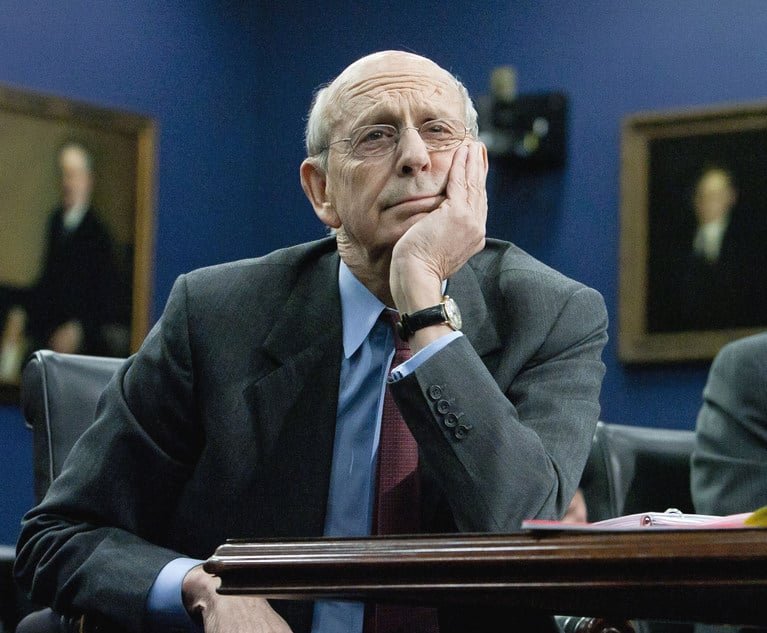Justice Samuel Alito mostly avoided the limelight for 16 years, even while being arguably the most conservative member of the U.S. Supreme Court. But that low profile is changing after he authored a draft opinion that would overturn the landmark abortion-rights ruling Roe v. Wade.
The opinion, if finalized, promises to be one of the most momentous in U.S. history, toppling a 1973 decision that has since allowed tens of millions of women to legally end pregnancies. The leaked draft also raises questions about Supreme Court precedents that protect other rights, including same-sex marriage and contraception.
And it could catapult Alito, once best known for mouthing “not true” during President Barack Obama’s 2010 State of the Union address, to a new level of prominence: despised by some, revered by others.
Supporters describe Alito, 72, as a man whose core beliefs haven’t changed much since he was tapped in 2005 by President George W. Bush to succeed the retiring Justice Sandra Day O’Connor. Alito’s confirmation the following year instantly shifted the court to the right.
“He’s known from the start that he would never be accepted by kind of the mainstream liberal society and he’s never tried for that kind of acceptance,” said Alexander Volokh, a former Alito law clerk who teaches at Emory University School of Law. “So he’s basically proud of staking out what he believes in as a conservative opinion.”
What’s changed since his appointment is the court has grown more conservative around him, giving Alito the votes as well as the seniority to write far-reaching opinions. He wrote the 2018 decision that said government employees have a constitutional right not to pay union fees and the 2014 ruling that said closely held companies can refuse on religious grounds to offer their workers birth-control coverage.
“He remains the most consistently conservative justice on a court that now includes six incredibly conservative justices,” said Brianne Gorod, chief counsel of the progressive Constitutional Accountability Center. “Whereas other justices will occasionally vote in ways that are seemingly at odds with their ideological preferences, Justice Alito almost never does.”
Critics and supporters alike say Alito felt aggrieved by his 2006 confirmation battle. Though his hearing was tame relative to those of some of his future colleagues, it included 49 questions about his membership in a Princeton University alumni group that questioned the admission of women and allegedly unqualified minorities. His wife, Martha-Ann Alito, at one point left the hearing room in tears as Republican Sen. Lindsey Graham of South Carolina defended the nominee.
Alito has since voiced that sense of grievance in other contexts. In opinions and speeches alike, he has cast Christians and other religious people as being unfairly castigated for opposing gay marriage and birth control.
“For many today, religious liberty is not a cherished freedom,” he said in a pointed 2020 speech before the conservative Federalist Society. “It’s often just an excuse for bigotry, and it can’t be tolerated, even when there is no evidence that anybody has been harmed.”
He has similarly lashed out against what he perceives to be unfair criticism of the Supreme Court. When Obama used his 2010 State of the Union to denounce the just-issued Citizens United campaign finance opinion, saying the decision “reversed a century of law” to allow more corporate money into U.S. elections, cameras caught a grimacing Alito shaking his head and muttering “not true” as Democratic lawmakers behind him rose to cheer the president.
And in a speech last year at Notre Dame University, Alito decried use of the “catchy and sinister term ‘shadow docket’” to describe the emergency orders that have become an increasingly large part of the court’s work, often producing important rulings without oral argument.
“This portrayal feeds unprecedented efforts to intimidate the court or damage it as an independent institution,” he said.
So far, Alito’s increasing prominence hasn’t resonated much beyond legal circles. In a Marquette Law School poll conducted in March, only 26% of people surveyed said they knew enough about Alito to give an opinion, lower than all but one other justice. Among the respondents, 16% had a favorable opinion, 10% an unfavorable view.
But the abortion opinion now stands to be Alito’s legacy-defining moment. His draft, which the court has confirmed as authentic, blasted Roe as “egregiously wrong and deeply damaging” and said the abortion right is neither explicitly laid out in the Constitution nor “deeply rooted in the nation’s history and traditions.”
The court in Roe “usurped the power to address a question of profound moral and social importance that the Constitution unequivocally leaves for the people,” Alito wrote.
Volokh said his former boss had done a “very careful job” with the draft.
“I was pleasantly surprised by the opinion,” he said. “I found it very well-reasoned. So I think that this is kind of classic Alito.”
But Gorod said the opinion was classic in another sense. Alito, she said, has “demonstrated repeatedly that he is willing to disregard both constitutional text and history and Supreme Court precedent if they are at odds with his ideological agenda.”
Greg Stohr reports for Bloomberg News.
NOT FOR REPRINT
© 2024 ALM Global, LLC, All Rights Reserved. Request academic re-use from www.copyright.com. All other uses, submit a request to [email protected]. For more information visit Asset & Logo Licensing.

 U.S. Supreme Court Justice Samuel Alito. Photo: Diego M. Radzinschi/ALM
U.S. Supreme Court Justice Samuel Alito. Photo: Diego M. Radzinschi/ALM







